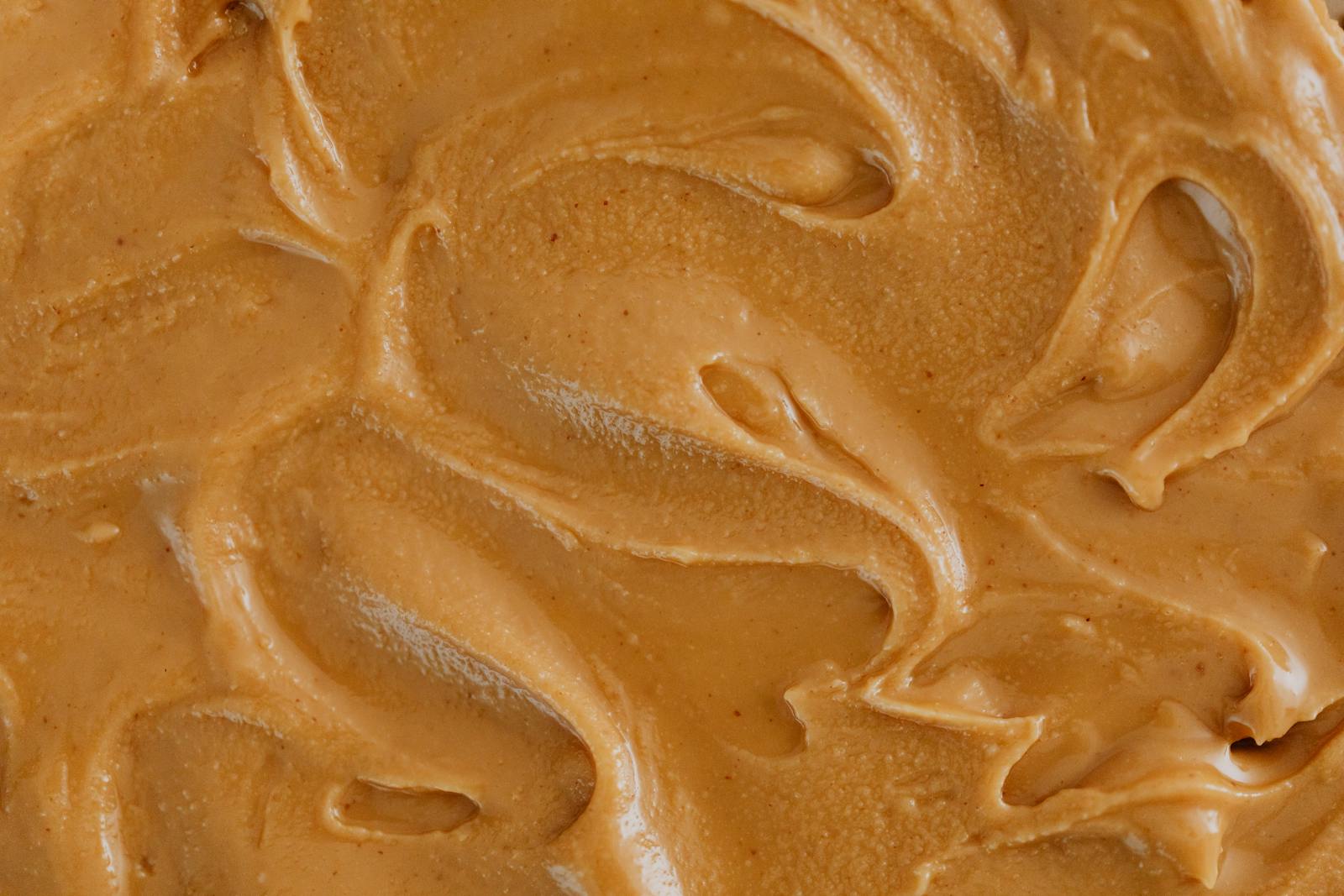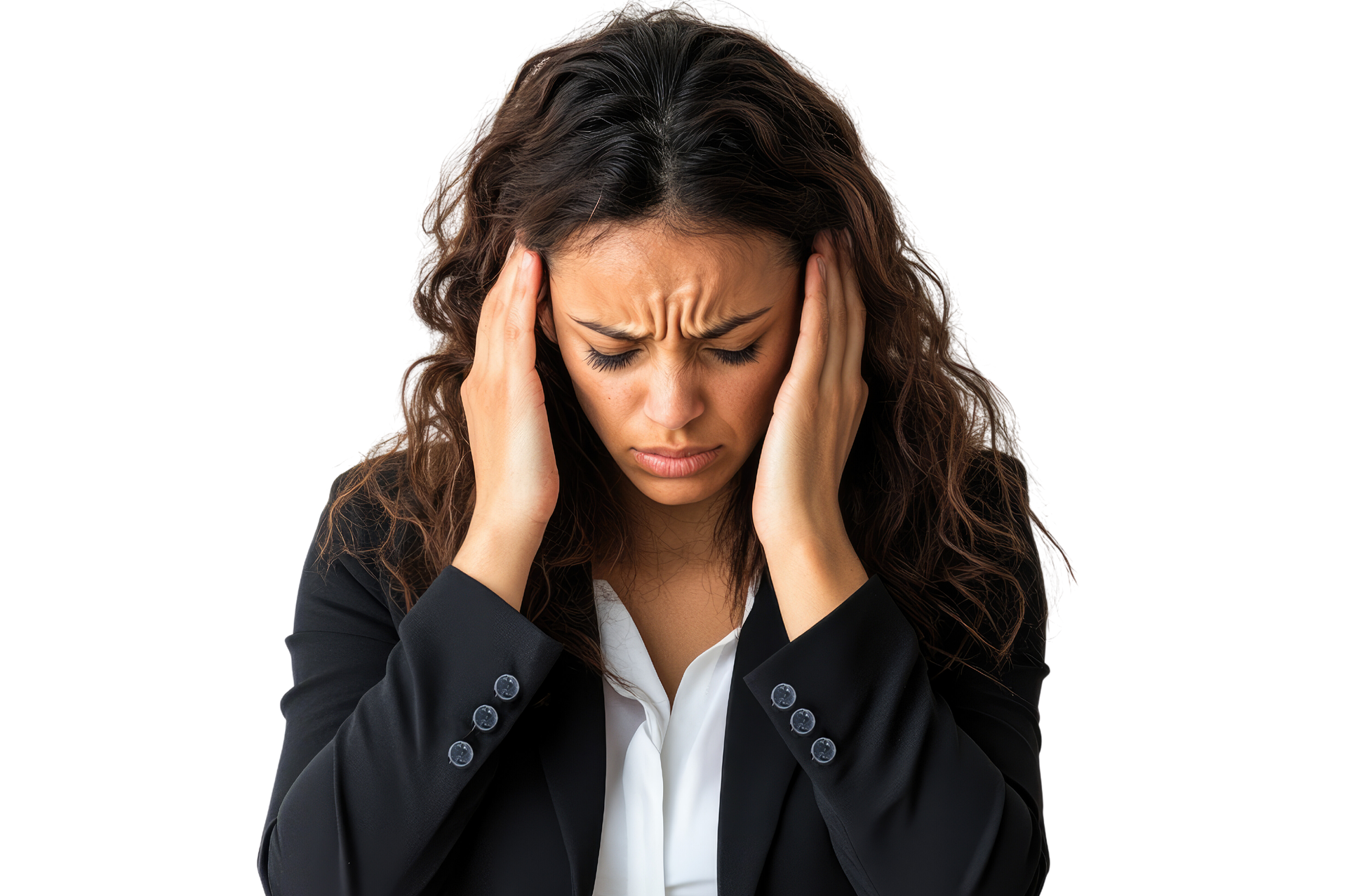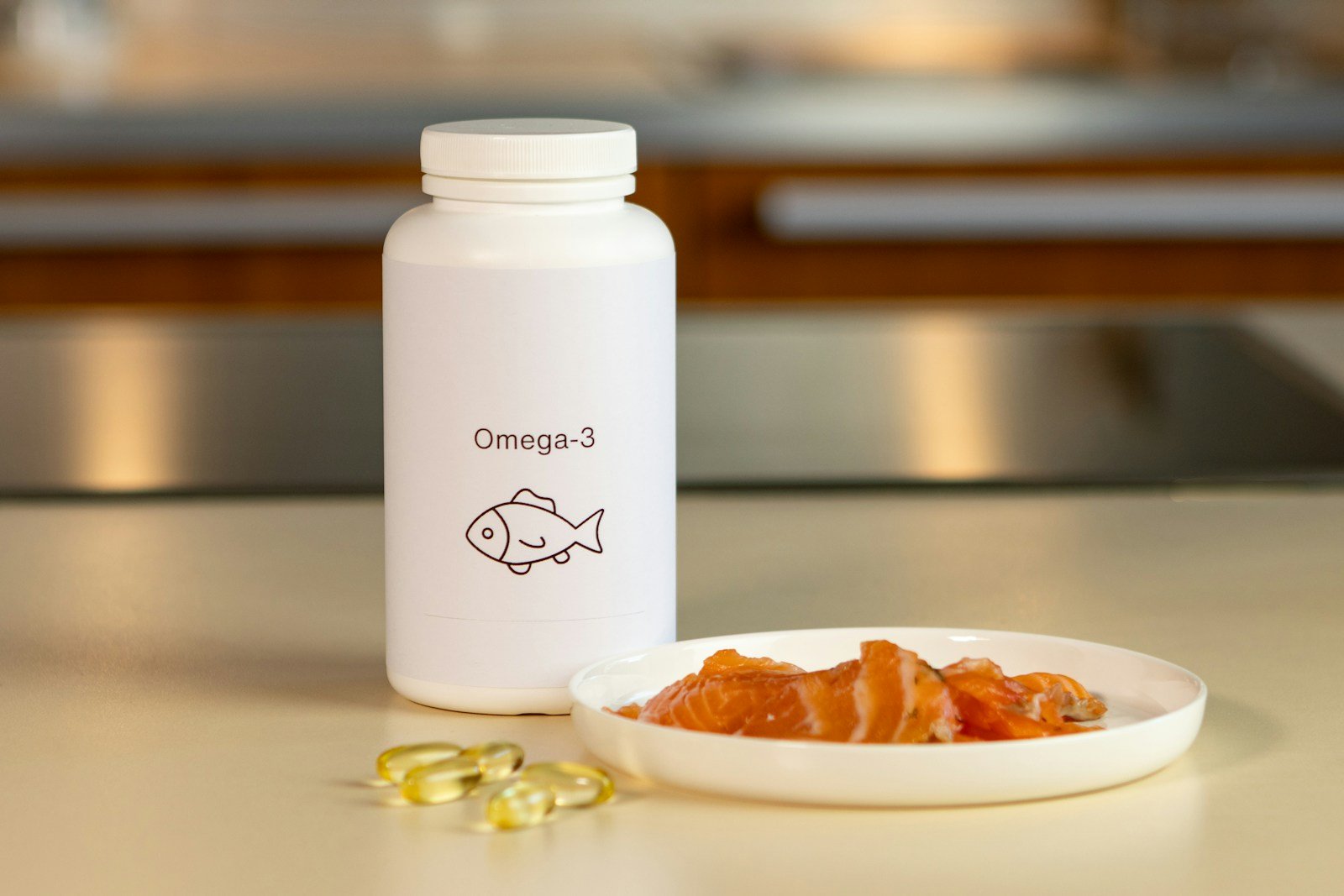
5th Annual Maude’s Awards Winners Announced
MAUDE’S AWARDS: RECOGNIZING INNOVATIONS IN DEMENTIA CARE

MAUDE’S AWARDS: RECOGNIZING INNOVATIONS IN DEMENTIA CARE

Maude’s Awards: Recognizing Innovation in Alzheimer’s and Dementia Care

Researchers have found links between certain viral illnesses — like the flu — and the risk of Alzheimer’s. Learn more.
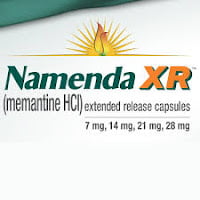
OFF-LABEL MEDICATIONS: Memantine (Namenda / Ebixa) is FDA-approved for Alzheimer’s. Learn how it significantly improves memory and attention in Lewy Body Disease, Parkinson’s and various

VIDEO + ARTICLE: Bill Gates wrote a $100,000,000 check for Alzheimer’s research. See him share his thoughts on what will it take to find a
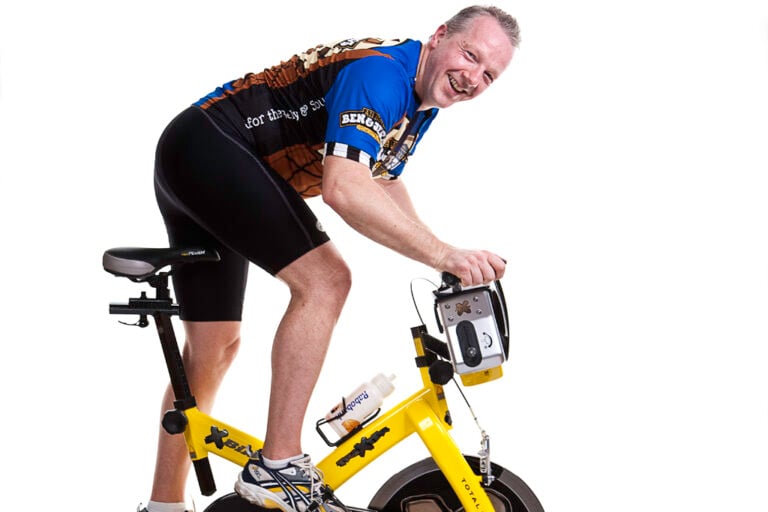
PREVENTION RESEARCH:
Irisin is a neuroprotective protein. The brain makes irisin when you exercise, activating learning and memory genes. Learn how irisin protects brain cells from Alzheimer’s plaque. Find out what increasing irisin can do to your memory.
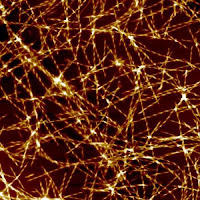
Plaques are the best-known Alzheimer’s culprit. Cambridge scientists have figured out the 7 steps to forming these plaques. Find out how targeting the formation of these “oligomers” may hold the key to a cure.

UCLA researchers found active people build 5% more gray matter in their brain. See how this prevents Alzheimer’s.

Learn about The Alzheimer’s Society of Canada’s campaign to bust the stigma of dementia.
Discover 6 easy ways you can make a difference.

Plaques are the best-known Alzheimer’s culprit. Cambridge scientists have figured out the 7 steps to forming these plaques. Find out how targeting the formation of these “oligomers” may hold the key to a cure.

UCLA researchers found active people build 5% more gray matter in their brain. See how this prevents Alzheimer’s.

Learn about The Alzheimer’s Society of Canada’s campaign to bust the stigma of dementia.
Discover 6 easy ways you can make a difference.

Fresh air and exercise, improved appetite, fewer medications and happier family visits typify the world’s first “Dementia Village”. See how an inspired nursing home manager took a dreary hospital and turned it into a respect-filled, compassionate community.
No spam, only news and updates.
